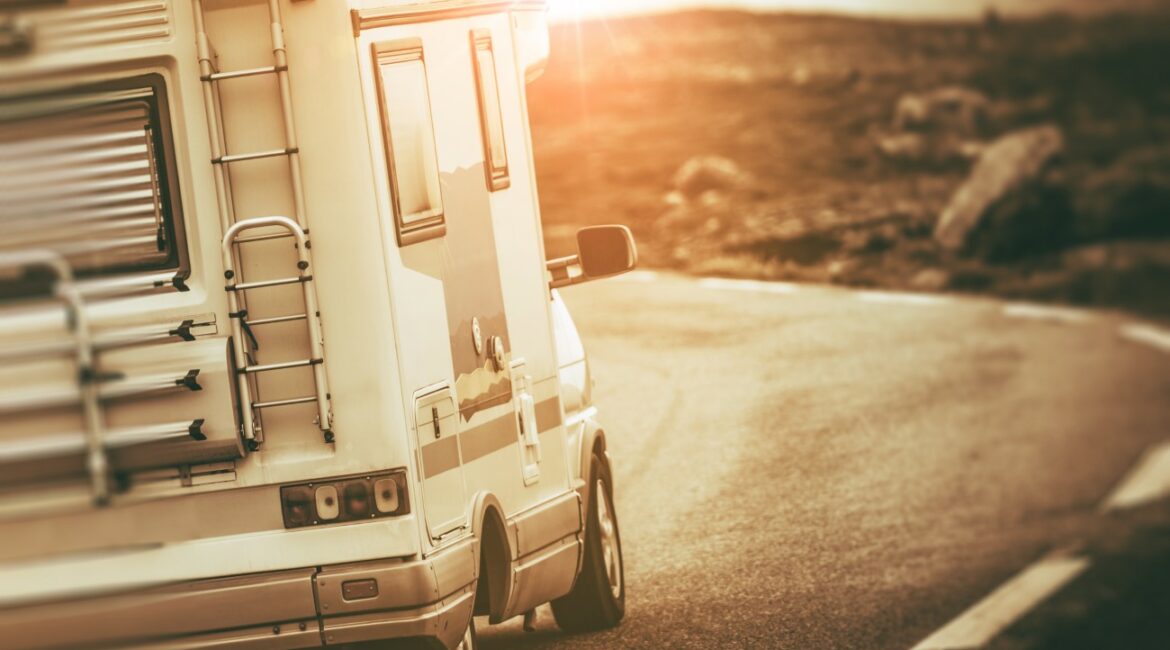Ah, the open road! Nothing feels quite as liberating as traveling in your RV. But, to make the most of your nomadic lifestyle, knowing some handy tips for RV campgrounds can make a world of difference. Here are the top 10 tips that every RVer should have up their sleeve:
- Know Your RV’s Dimensions: Before you even think about pulling into a campground, ensure you’re aware of your RV’s height, length, and width. This knowledge will save you from potential headaches like low-hanging branches or tight spots.
- Research Campgrounds in Advance: While spontaneity has its charm, doing a little bit of homework can help you find campgrounds that cater to your specific needs, be it full hookups, pet-friendly zones, or scenic spots.
- Arrive Early: Particularly during peak season, getting to your campground early can help you nab the best spot and set up camp in daylight.
- Follow Campground Etiquette: Just like any community, RV campgrounds have unspoken rules. Keep noise levels down during quiet hours, clean up after your pets, and always maintain a respectful distance from neighboring campsites.
- Conserve Water: If you’re not hooked up to a city water source, be mindful of your water consumption. Quick showers and turning off the tap while brushing your teeth can make a difference.
- Secure Your Belongings: Even in the friendliest of campgrounds, it’s always a good idea to lock up your valuables when you’re away from your RV.
- Pack a Toolkit: Be prepared for minor repairs. Having a basic toolkit with essentials like duct tape, screwdrivers, and a flashlight can be a lifesaver.
- Stay Connected: Many campgrounds offer Wi-Fi, but it’s not always reliable. Consider investing in a mobile hotspot or a signal booster if you need to stay connected.
- Embrace the Community: One of the best parts of RVing is the community. Don’t be shy—introduce yourself to your neighbors. You might just make lifelong friends or pick up some valuable tips.
- Leave No Trace: Respect the beauty of nature. Always clean up your campsite before leaving, dispose of waste properly, and follow campground recycling guidelines.
Understanding RV Hookups
When you’re new to the RV world, the term “hookups” might sound confusing. Simply put, hookups provide your RV with essential utilities when at a campground. There are typically three types: water, electric, and sewer. It’s crucial to understand which hookups a campground offers and how to properly connect your RV to them. Familiarize yourself with your RV’s power requirements—typically 30 or 50 amps—to avoid electrical issues. And always use potable water hoses for your water hookup to ensure safe drinking water.
Campfire Safety in RV Campgrounds
Campfires are an integral part of the camping experience. However, safety should always be paramount. Before starting a fire, check if the campground has any fire restrictions in place. Always keep a bucket of water or a fire extinguisher close by. When you’re done, ensure the fire is completely out before heading in for the night. Remember, a campfire is not just a source of warmth and a place for roasting marshmallows; it’s a responsibility.
The Art of RV Cooking
Just because you’re on the road doesn’t mean you can’t enjoy delicious meals. While space might be limited, there’s a unique joy in RV cooking. Invest in multipurpose kitchen tools to save space, and get creative with your recipes. Slow cookers can be a lifesaver, allowing you to set your meal in the morning and come back to a hot dinner after a day of exploration. Also, take advantage of local farmers’ markets on your travels for fresh ingredients.
Meeting Fellow RVers: Building a Community on the Road
One of the hidden gems of the RV lifestyle is the community. RVers tend to be a friendly bunch, always ready to lend a hand or share a story. Engage in campground activities or simply strike up a conversation with your neighbor. There are also many RV clubs and groups you can join to meet likeminded individuals. Sharing experiences, tips, and routes can greatly enhance your RV journey.
Dealing with Weather Woes during RV Trips
Mother Nature is unpredictable, and while you might have envisioned a sunny getaway, sometimes you’ll face rain, wind, or even snow. It’s essential to be prepared. Invest in a good weather app or a NOAA Weather Radio to stay informed. If high winds are expected, retract your RV’s awning and slide-outs to prevent damage. For colder weather, ensure your RV is insulated, and consider skirting to prevent drafts. Being prepared means you can comfortably ride out whatever weather comes your way.
FAQ : The Top 10 Tips For RV Campgrounds
How can I find RV-friendly campgrounds near me?
Apps like Campendium, RV Parky, and AllStays can help you locate RV campgrounds based on your location, reviews, and amenities.
What should I do if a campground is fully booked?
Consider boondocking or dispersed camping. National Forests often have areas where you can camp for free, but remember to follow Leave No Trace principles.
Can I run my generator in the campground?
Each campground has its own rules. While some allow generator use during specific hours, others might have stricter no-generator policies.
How do I conserve water in my RV?
Invest in aerated shower heads and faucets, fix any leaks immediately, and consider collecting rainwater if permissible.
Any tips for RVing during the off-season?
Traveling during the off-season means fewer crowds. Just ensure your RV is winterized if you’re heading to colder regions, and always check campground operating hours as some might be closed.
Safe travels out there, and may your RV adventures be everything you’ve dreamed of!
- A Chat with Nate and Mika, Christian Wedding Photographers - July 18, 2024
- Ultimate Guide To Playing Online Casinos - May 27, 2024
- Addiction Recovery Books Worth Reading - January 24, 2024









